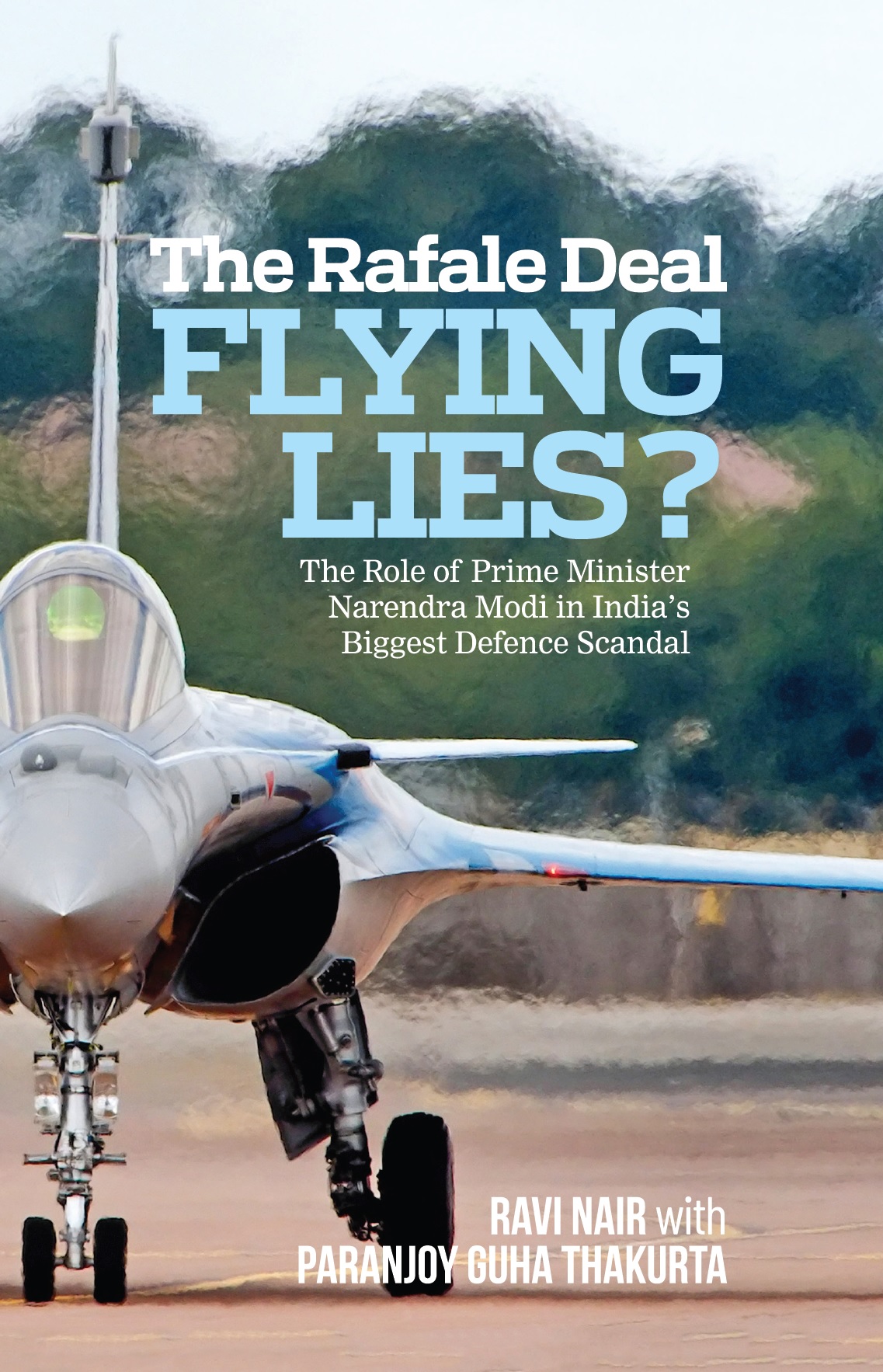In a recent public lecture that was hardly reported by the media, former Union Petroleum Minister and member of the Rajya Sabha, Mani Shankar Aiyar, lambasted his own government for kowtowing before Uncle Sam in trying to secure the country's energy supplies by ignoring neighbours in Asia.
His was arguably one of the sharpest critiques of the manner in which the United Progressive Alliance government's foreign policy and energy policy have failed to coalesce for -- among other reasons and one not explicitly stated by Aiyar -- Prime Minister Manmohan Singh's keen interest to push through the India-US nuclear deal.
Educated at prestigious educational institutions -- Doon School, Dehradun, St Stephen's College, University of Delhi and Trinity Hall, Cambridge University from where he earned a master's degree in economics -- Aiyar is known for his 'gift of the gab'. Here's a small sample of the sarcasm he is capable of:
". . . amazingly, while Indian firms rush to the United States to invest billions in shale gas exploration, out there where the Red Indians used once to roam, we Brown Indians are told that shale gas exploration in our country cannot even begin until we have first estimated what and where are our reserves of shale, and decide what, if any, our policy for shale gas exploration should be. That will not be till the end of next year at the very earliest. We will thus start getting into shale about a decade after China started. That is how long it takes to teach the elephant to dance!"
Born on April 10, 1941, Mani Shankar Aiyar used to be a diplomat before he became a politician. He resigned from the Indian Foreign Service to become a follower of former Prime Minister Rajiv Gandhi shortly before he lost power in the December 1989 general elections.
Elected thrice to the Lok Sabha (lower house of Parliament), in 2009, he lost the elections. His critics often describe him as a 'Communist in the Congress'.
Between May 2004 and January 2006, Aiyar served as the Union Cabinet Minister for Petroleum and Natural Gas when he was suddenly replaced by current incumbent Murli Deora.
At that time, there was considerable speculation about the real reasons why Aiyar was divested of his ministerial portfolio of Petroleum and Natural Gas. Deora was perceived to be belonging to a pro-US lobby in the ruling Congress party whereas Aiyar belonged to the left-wing group in the Congress.
The change in the post of petroleum minister also came amid speculation that the government in New Delhi was having second thoughts about going ahead with the ambitious Iran-Pakistan-India (IPI) gas pipeline project after voting against Iran in the International Atomic Energy Agency.
Aiyar remarked that while he was petroleum minister he had set up an 'oil diplomacy group' headed by Mohammad Hamid Ansari who was 'chosen for his unparalleled expertise in the Byzantine ways of West Asian economics and politics' but that soon after he was Ansari became the Vice President of India -- what was 'Shastri Bhavan's loss is now the Rajya Sabha's gain'. (Shastri Bhavan is where the Union ministry of petroleum and natural gas is headquartered.)
Speaking on the topic for the first time in public while delivering the 17th Lovraj Kumar (a former petroleum secretary) memorial lecture on August 26, Aiyar said that the nuclear deal with the United States 'effectively derailed the momentum' of the IPI pipeline, adding that the "proposal is still on the table but its snail's pace is in stark contrast to the deliberate speed with which the agreement on the Iran-Pakistan segment of the pipeline has been concluded."
Aiyar didn't stop there. He bitterly asked a series of inter-connected rhetorical questions:
"Don't we want the 100 million standard cubic metres of gas a day -- equal to our most optimistic projections of domestic gas availability -- which will come to us by pipeline from Iran via Pakistan?"
"If we are nervous of the US, then why not abandon the hypocrisy of on-going negotiations with Iran? And if we are not apprehensive of the Americans, then why not push the negotiations to conclusion even as the Pakistanis have done?"
Whereas minister Deora had been invited for breakfast at the White House by former American President George W. Bush, the outspoken Aiyar had been perceived by many to be trying to put together a gas grid that would not just involve the arch political opponent of the US, that is, Iran, but countries like Russia and Central Asian republics in the Commonwealth of Independent States.
We now have confirmation of this perception.
A firm believer in the virtues of Nehruvian socialism by his own admission, speaking (ironically) in the auditorium of the Nehru Memorial Museum and Library, Aiyar held forth on his plans of an Asian gas grid that would run across West Asia from Iran to Pakistan, India, Bangladesh, Myanmar to China.
Such a pipeline, he argued would give a huge boost to the economy of the country's troubled north-eastern region. "But do we have the imagination and the courage to make the leap?" he asked.
"Please also note that if the pipeline is not extended to India, then it cannot be extended across the bosom of Mother India to China and other points east to provide an alternative to LNG (liquefied natural gas) supplies through the Straits of Malacca, those narrow treacherous straits that all through history have been the haunt of pirates and usurpers, the memory of which still haunts the energy-thirsty economies of East and South-east Asia," he added.
It may be recalled that after Aiyar ceased to be petroleum minister, he was placed in charge of the Ministry for Development of the North-Eastern Region (besides the Ministry of Youth Affairs and Sports -- which could also explain his deep-rooted antipathy for the manner in which the Commonwealth Games are being conducted).
It is more than evident that Aiyar considered his new posts to be a demotion of sorts though he has never gone on record saying so. But the fact that the IPI pipeline 'lies frozen' clearly rankles and makes him bitter till today.
He laments that India is not yet party to even the first axis of the proposed Asian gas grid "which could assure our energy security not only till we each the Valhalla of thorium-driven energy security but even thereafter to maintain the diversity of our energy basket".
Aiyar argues that while India is certainly not rich in hydrocarbons -- this country currently imports 80 per cent of its requirement of crude oil -- in our immediate neighbourhood exist the richest reserves of oil and gas, not just in West Asian countries like Saudi Arabia, Qatar, Iraq and Iran but also in South Asia (Bangladesh, Myanmar, Malaysia, Indonesia and Vietnam) and Central Asia (Turkmenistan, Azerbaijan, Kazhakstan and the north Asian reaches of the Russia stretching from the Urals to the Pacific coast and the island of Sakhalin).
Importantly, Asia is also the fastest growing continent on the planet and hence, the biggest potential consumer of oil and gas.
Aiyar would like the government of India to "bind these giant Asian suppliers and consumers into a continent-wide" link which he grandiosely describes as the "Grid of Peace, Friendship and Cooperation" -- in bold capital letters.
Unfortunately, for Aiyar, many in the government headed by the party to which he belongs do not seem to be listening to his words of wisdom. Many of them are, at present, excessively preoccupied laying out the red carpet for American President Barack Obama's forthcoming visit.
One could go on and on quoting from his 7,000-word speech which is replete with literary references, but space constrains this correspondent. Still, it's worth reproducing from his speech the last paragraph -- which reinforces the "litterateur" nomenclature under which he was nominated to the Rajya Sabha.
"Think of the England of Charles Dickens and 'Please, Sir, may I have some more?'; the France of Victor Hugo's Les Miserables and the barricades of Paris; Karl Marx's 'spectre that is haunting Europe' (1848); the Civil War in the United States ('four score and ten years ago' -- the Battle of Gettysburg); Hitler coming to power six decades after Bismarck united Germany; and the Soviet Union's sclerotic decline six decades into the Soviet Revolution - and you see why I fear that in India too the sixth to eighth decades of the Industrial Revolution might prove to be our most dangerous decades.'
"We are now entering those decades. That is why energy security for the aam admi (common man) must be integral to energy security for the country. An economic order in which India prospers but Indians cannot long endure. Unless we rise to the occasion, our successes in democracy and development may prove ephemeral, our future imperilled."


